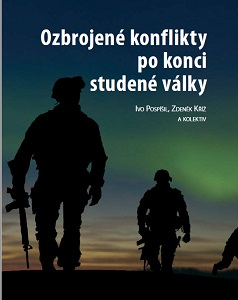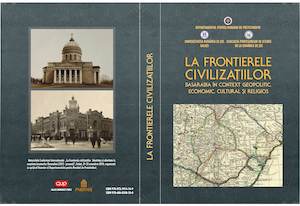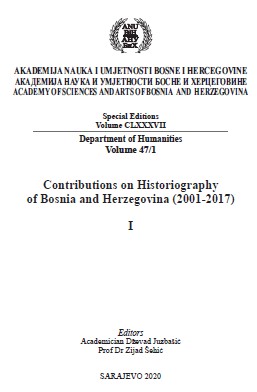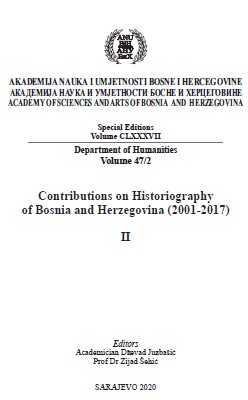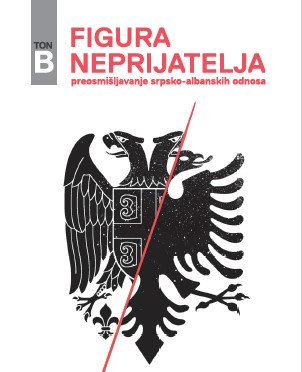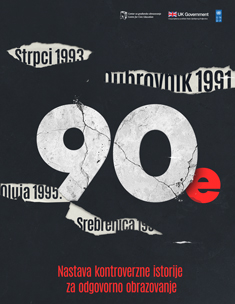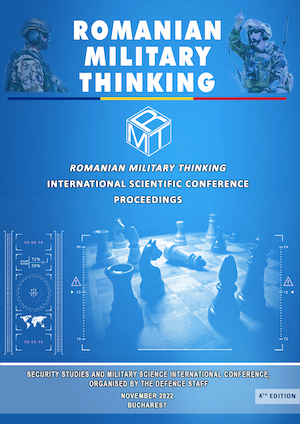Author(s): Azem Kožar / Language(s): Bosnian,Croatian,Serbian
Publication Year: 0
The dissolution of the former SFR Yugoslavia during the last decade of the 20th century took place in the conditions of the war conflict that culminated in Bosnia and Herzegovina. During the four-year war (1992–1995), in the form of armed aggression by neighboring countries against the internationally recognized independent Republic of Bosnia and Herzegovina, there was an enormous toll on the population, material and cultural assets. The international community’s reluctance to end the war with diplomacy and military intervention also contributed to this. When she was determined to do so, the war ended with the peace in Dayton, November 1995. The complexities of war events, concerning the causes, course and consequences of war, require an extremely meticulous research approach from multiple scientific aspects – including historiographical ones. Although numerous works, mostly quasi-scientific but also historiographical, have emerged over the past two and a half decades, there is a clear lack of a systematic and scientific approach to the study of war events, unique and synchronous at the state level. If such a system existed, then the true intentions of researchers of all scientific profiles, including historians, would have yielded a fundamentally scientific result. Due to this situation in front of the state and society, profession and science, it is imperative to impose the establishment of a functional national (B&H) system of dealing with sources of historical knowledge in the spirit of the provisions of international legal and social acts. Its essence should be: adoption of appropriate legal regulations at the state and / or lower administrative levels, especially evaluation of documents of war provenance and their transfer to competent institutions of culture and science, adequate protection, preservation and professional preparation for use of these sources, and creation of material and personnel assumptions that such a system works successfully, etc. The establishment of a special archive for war documentation in the Republic of Croatia is an indicative and instructive example for Bosnia and Herzegovina. However, the formation of a similar institution in Bosnia and Herzegovina will not occur in due course, due to the particular interests of the ruling political elites, who, in their own way, are more or less directly or indirectly connected with the war events in order to impress upon them the current situation anarchy and lawlessness in this area.
More...
